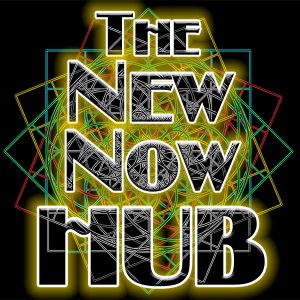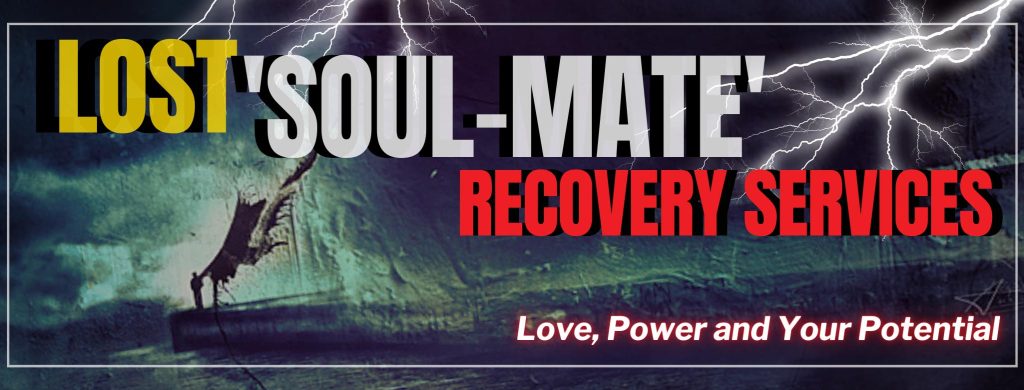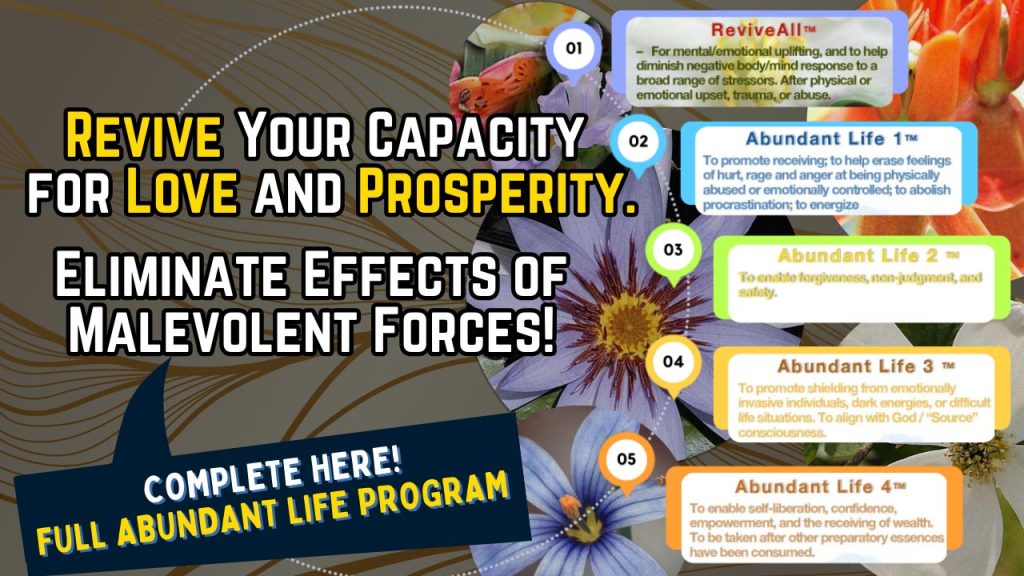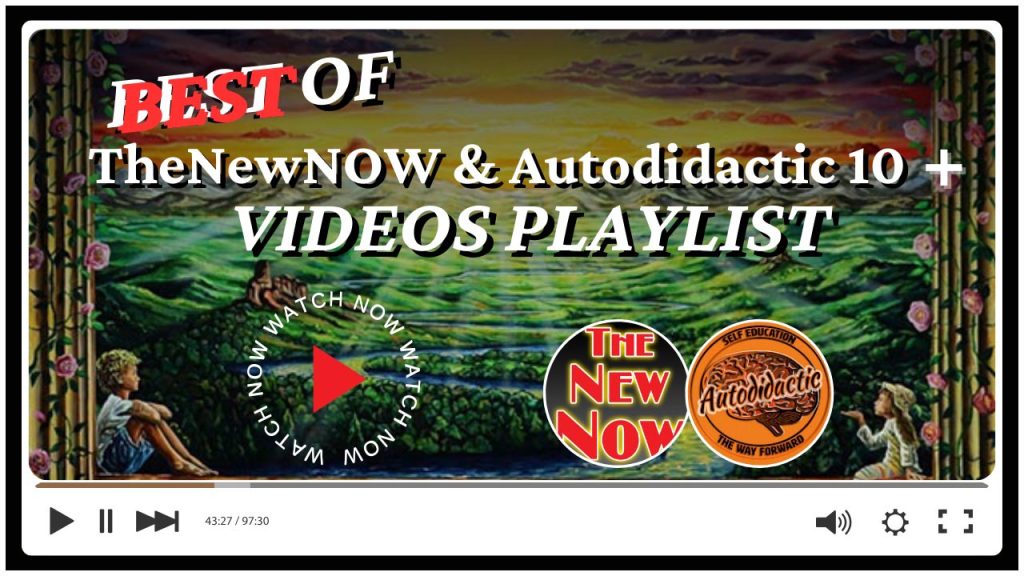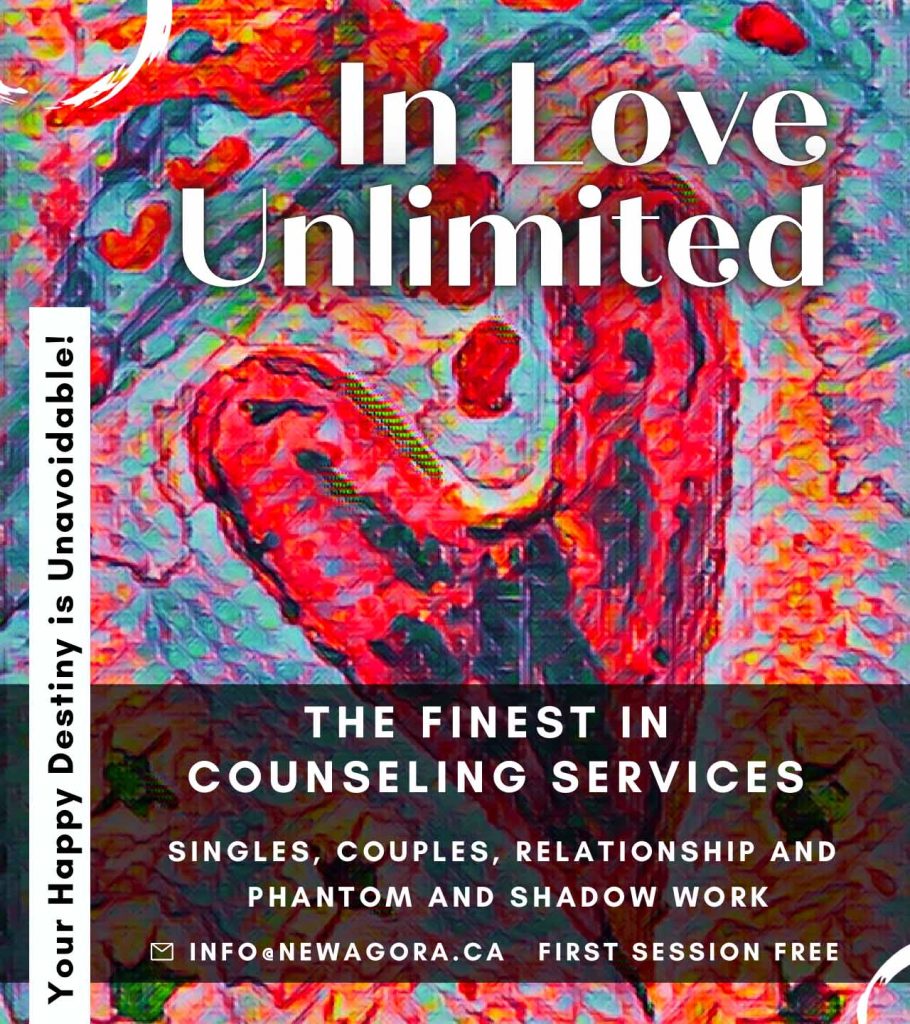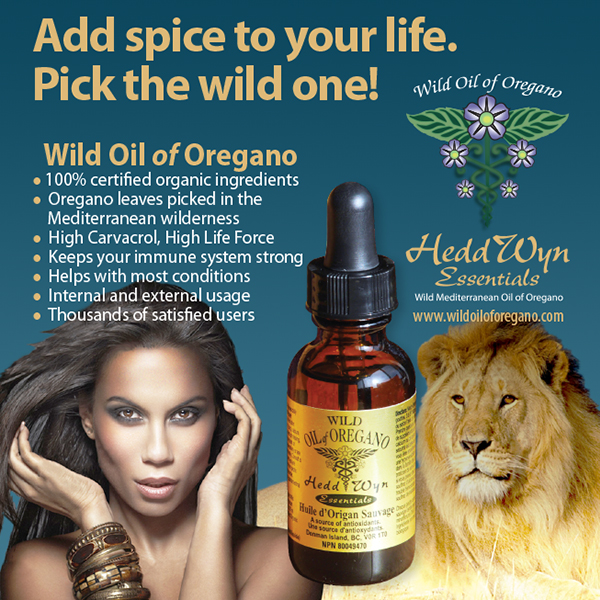10 Lessons I Learned Trying To Heal My Kids From Autism, Anxiety & ADHD
By practice, I’m a psychotherapist who has been working for over a decade in the world of mainstream medicine, a body of experience that has allowed me to develop a strong understanding of both its strengths and weaknesses.
But beyond my work, I’m also a mom who fiercely loves her children, and for their sake, when it comes to their health I’ve always explored all available options — an approach that I’m proud to say has led me to find better solutions than any conventional specialist had ever offered.
My work has allowed me to cross paths with a seemingly endless number of psychiatrists and general practitioners, who for the most part have one thing in common: They all see medication as the optimal form of treatment for the vast majority of what they diagnose. This includes attention deficit hyperactivity disorder (ADHD), anxiety, sleep issues, depression, and obsessive-compulsive disorder.
For a long time, I wondered about the cavalier prescribing of drugs but bit my tongue. Who was I to question physicians with the benefit of many more years of medical training? My viewpoint changed in 2006 after I had my children who suffered similar challenges.
I knew doctors would recommend medication. I also knew I didn’t want my children to go down that road for fear it would severely damage their lively, beautiful spirits.
As my husband, Steve, and I tried to make do with physical and behavioural therapies, I read many medical journal articles about the link between autism, mental health issues and malnutrition, toxicity, food sensitivities and intestinal permeability, immune, metabolic and digestive issues. These discoveries led us to realize that these disorders could be a real medical illness treatable with natural remedies that didn’t involve intrusive, personality-altering medication. While we were skeptical at first, the potential rewards were so high that these methods outside the mainstream seemed well worth trying. And, I am happy we did!
Here’s what I learned:
1. My Doctors Weren’t Reading the Same Medical Journals I Was
I started collecting lots of data, studies, and articles on these subjects from esteemed medical journals. The more research I read, the more I realized how much information was out there. I quickly realized that pediatricians and the mainstream medical community weren’t on board. With all of my studies and articles in my hands and hope in my heart, I asked a pediatric GI specialist about the possibility that my son Evan’s developmental delays, anxiety, and autism features may be due to a gut issue or a food sensitivity. He raised his eyebrows and said, “You must be reading too much.” It became apparent at that moment that this doctor wasn’t reading enough.
2. Big Pharma Writes Our Doctors’ Textbooks
Drug company money is tainting medical education. Big pharma writes medical school textbooks and uses their own money to finance drug studies. Dr. Marcia Angell, former Editor-in-Chief of the New England Journal of Medicine, stated how corporate dollars corrupt research and education at academic medical centers — including Harvard Medical School. Pharmaceutical companies spend millions of dollars to implement carefully designed plans. According to R. Webster Kehr of the Independent Cancer Research Foundation, “The FDA, NIH, NCI, ACS and medical schools are their puppets.”
3. Our Medical Community Ignores the Power of Plant Medicine and Calls It Pseudoscience
Pharmaceutical companies have set out to discredit holistic treatments — especially in those areas of highest drug profits, such as cancer, heart disease, psychiatric disorders, and allergies, even though they are widely used in other countries and steeped in tradition. Drug companies use the term “scientific evidence” as a political definition to control the FDA and National Institutes of Health. They buy investigative journalists with their advertising. They pay doctors and psychiatrists to speak on their behalf and offer up expensive trips and steep payments. They block financial contributions by using terms like “unproven treatments,” and many “charitable organizations” are entirely controlled along with Congress.
4. The Biggest Corporate Sponsors of the American Academy of Pediatrics Are Pharma Companies
The Academy of Pediatrics was created in 1930 as an “independent” forum for the health and well-being of our children. Today, corporate Friends of Children Fund members include Pfizer, Sanofi Pasteur (The vaccine Sanofi-aventis group,) Merck, GlaxoSmithKline, Johnson & Johnson, etc. A conflict of interest? Have our doctors been bought? I believe so.
5. Conventional Doctors Tend to Address Only One Organ at a Time
One of the fundamental flaws of our existing medical paradigm is the tendency to approach health and sickness only through a disease-based or single organ-focused lens. We treat the body as a machine with separate parts, assign a diagnosis label, and match it with a corresponding pharmaceutical. In reality, our body is a complex, interconnected web of biochemistry. Therefore, we need more medical doctors who understand that we must start to treat the “whole body” like holistic and functional doctors do.
6. Our Genetics Is Not the End of Our Story
Just because ADHD, depression, or even autoimmune issues run in the family does not mean that is our fate. We have more control over it than the medical industry wants us to believe. We may start with a genetic vulnerability; however, we need to start recognizing that our lifestyle and environmental factors instruct our genes on how to express themselves. The foods we eat or don’t eat, the nutrients we take or don’t take, our stress levels, sleep habits, and exposure to toxins dynamically determine our gene expression.
7. Most Doctors Know Very Little About Nutrition
Most disease is preventable and related to nutrition, yet doctors today do not know the science of how healthy food heals the body. Nor do they see the impact “fake” food, pesticides, and toxic chemicals have on our health. According to the Journal of Clinician Nutrition, most graduating medical students continue to rate their nutrition preparation as inadequate. According to Michael Greger, M.D. FACLM, a physician and internationally recognized professional speaker on some important public health issues, medical students are still getting fewer than 20 hours of nutrition education over four years, and even most of that has limited clinical relevance.
8. Allopathic M.D.s Do Not Heal Autoimmune Disorders
You cannot get health from a pill. When referred to a specialist like a gastroenterologist, endocrinologist, rheumatologist, and alike to treat an autoimmune disorder, they rarely discuss healing foods, detoxification, and other modalities that heal the body. Instead, they prescribe drugs, namely immunosuppressants or steroid therapy to merely mask symptoms — never getting to the root cause of any illness nor healing any disease. And these medications often do more harm than good.
9. Insurance Companies Do Not Cover Important Treatments and Therapies
Health insurers can limit coverage they deem experimental or not medically necessary, and they often do. Many consider “alternative” interventions medically necessary only if adequate evidence of safety and effectiveness in the peer-reviewed published medical literature supports it. I find this funny, considering more than 100,000 people die each year from complications caused by prescription drugs. And thousands more die of drug overdoses after getting hooked on prescription pain medication. Again, money and politics are the reason insurance won’t cover safer alternatives. The more services they exclude from coverage while still selling policies to patients, the better for their bottom lines.
10. Healthcare Today Puts Band-Aids On Splinters Instead of Pulling Them Out
Current pharmaceutical and surgical methods are incredibly useful for treating acute, life-threatening health issues. However, for more nuanced disorders, these approaches do not take into account the complex communication that exists between the various systems of the body and can ultimately lead to a breakdown in communication followed by a loss of function. Often the side effects of these treatments can be as harmful and worse than the original symptom itself. Eastern medicine modalities are ancient systems of healthcare that take into account all of the biological systems of the whole body. Natural Medicine practitioners strive to stimulate the body’s natural capacity to heal itself, leading to healing on a much deeper level.
Calling for a Shift in Our Mental Health Paradigm
Although many parents claim that psychotropic medication has changed their child’s life for the better, we must not forget that giving a six-year-old medicine does nothing to improve the conditions that derail their development in the first place.
Policy makers are so convinced these children have an organic disease that they have all but called off the search for a better understanding of the conditions — even though these medications often cause many short-term and long-term side effects. Therefore, I encourage all parents everywhere to let love guide you to explore all available options, rather than simply settling for what conventional specialists suggest.
It isn’t enough to just be alive. The quality of life is also essential.
We need more due diligence in our healthcare system. We need an “Integrative Medicine” approach, a healing-oriented medicine that takes the whole person (body, mind, and spirit) into account — including all aspects of lifestyle. We need to emphasize the therapeutic relationship and make use of all appropriate therapies, both conventional and alternative. We need a medical system that neither rejects conventional medicine nor accepts alternative therapies uncritically.
Good medicine should be based on sound science, be inquiry-driven, and be open to new paradigms. We need to use natural, effective, and less invasive interventions whenever possible. We need a system that promotes prevention of illness as well as the treatment of disease. We simply need to wake up and make a stand for real change. We can no longer put a price tag on our physical and mental health. The amount of pain we are creating for our families and our children is a high price to pay for the way we conduct our business.
Looking for like-minded community?: The Pulse is entirely independent and supported by our members. As part of our membership you get access to exclusive video content as well as our private social network where you can connect with other like minds for support, learning and expanding on ideas. Click here to Learn More.
– Come Like Us on Facebook – Check us out on Instagram –
– Sign Up for our Newsletter –



 thepulse.one
thepulse.one

